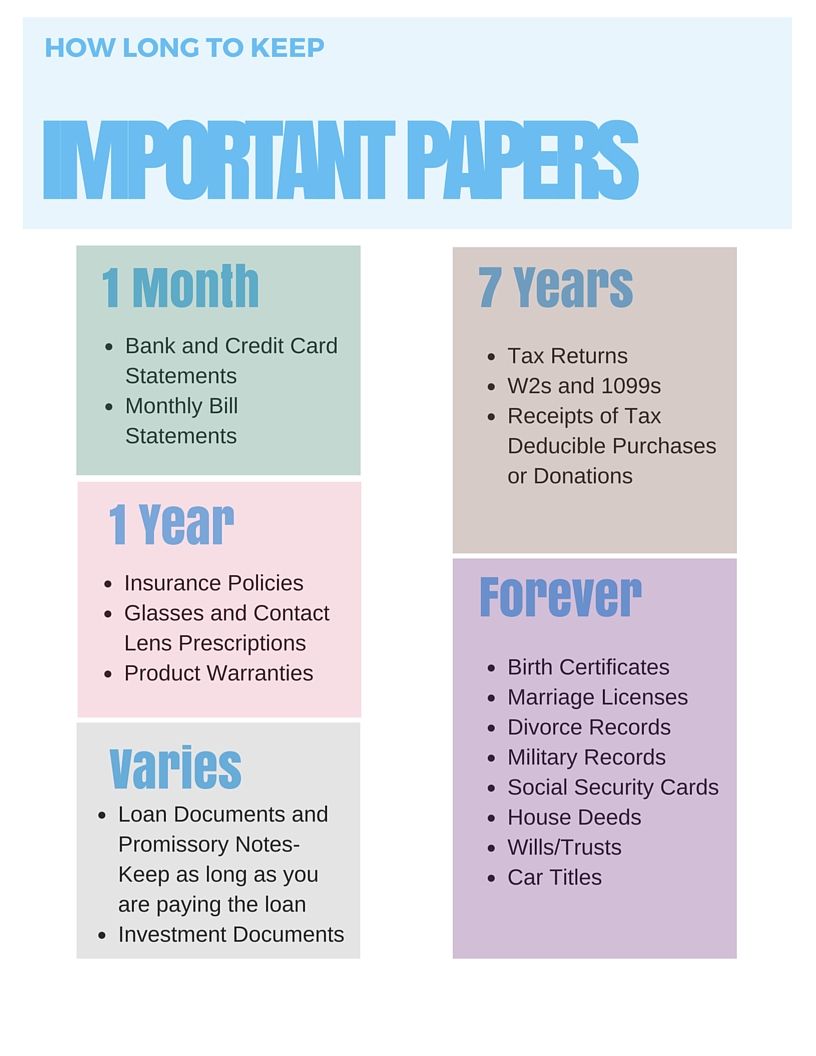Should You Keep Documents from Your Past Home Sale?

When it comes to selling a home, many homeowners find themselves in a flurry of paperwork, from contracts and disclosures to receipts and agreements. Once the deal is done, a common question arises: Should you keep documents from your past home sale? Here’s a comprehensive look at why, what, and how long you might need to hold onto these documents.
Why Keep Past Home Sale Documents?

There are several compelling reasons why retaining documents from a previous home sale can be beneficial:
- Tax Purposes: You may need these documents for capital gains tax calculations or other tax-related inquiries.
- Future Transactions: If you’re considering another move, your past sale documentation can help establish the home’s purchase price, improvements made, and expenses incurred, which is essential for calculating profit or loss.
- Legal Protection: Keeping records can provide proof in case of disputes, legal issues, or if your title or the sale itself is ever questioned.
- Historical Value: For sentimental reasons or as a record of personal achievements, some homeowners value keeping a memento of their property journey.
What Documents Should You Keep?

Not every piece of paper needs to be kept, but here are the key documents you might want to save:
- Closing Statement: This document, also known as the HUD-1 or the ALTA Settlement Statement, outlines all the financial transactions at closing, including buyer’s and seller’s costs.
- Property Transfer Deed: The deed that transfers ownership from the seller to the buyer.
- Home Inspection Reports: These are crucial if there are any future claims or disputes related to the condition of the property at the time of sale.
- Final Survey of Property: This shows the boundaries and easements related to your home, which can be important for future reference.
- Capital Improvements: Receipts, bills, or proof of any significant improvements you made to the home can influence your tax obligations.
- Purchase Agreement: While less critical, it can still provide historical context.
📝 Note: Not every document is essential to keep physically. Consider keeping electronic copies to save space and for easy access.
How Long to Keep These Documents?

The lifespan of document retention can vary:
- Indefinitely: Deeds and other transfer documents should be kept indefinitely as they are proof of ownership.
- 7 Years: For tax-related documents like closing statements or records of capital improvements, the IRS recommends a 7-year retention period.
- As Needed: Items like home inspection reports can be retained for as long as you feel they might be needed for legal protection or future disputes.
Organizing Your Documents

Here are some practical tips on how to organize these documents:
- Create a Digital Archive: Scan documents and store them in cloud-based services like Google Drive, Dropbox, or Evernote. This ensures accessibility and safety.
- Physical Storage: For documents you wish to keep in hardcopy form, use a fireproof, waterproof safe or a secure storage box.
- Create a Binder: Organize physical copies into a binder with dividers for different categories like “Deeds”, “Closing”, “Improvements”, etc.
🔐 Note: For physical documents, consider protecting them against disasters like fire or water damage by storing them in a secure location.
Final Thoughts

In conclusion, keeping documents from past home sales can serve multiple purposes, from financial and legal protection to sentimental value. Retaining key documents like closing statements, deeds, and records of improvements not only helps in managing tax obligations but can also be invaluable during future real estate transactions or legal disputes. Organizing these documents effectively, both physically and digitally, ensures that you’re prepared for any future needs without cluttering your life. Remember, it’s not just about keeping documents, but organizing them in a way that they can be easily accessed and understood when needed.
Why are electronic copies of documents advantageous?

+
Electronic copies take up less physical space, are easier to search, can be backed up, and are accessible from anywhere with an internet connection.
Can I shred documents after a certain time?

+
Yes, you can shred documents like expired insurance policies or outdated contracts after a reasonable time, but retain critical legal and tax-related documents for as long as necessary.
How do I protect my documents from being lost or stolen?

+
Use secure, locked storage for physical documents. For digital documents, protect them with strong passwords, enable two-factor authentication, and encrypt sensitive files.